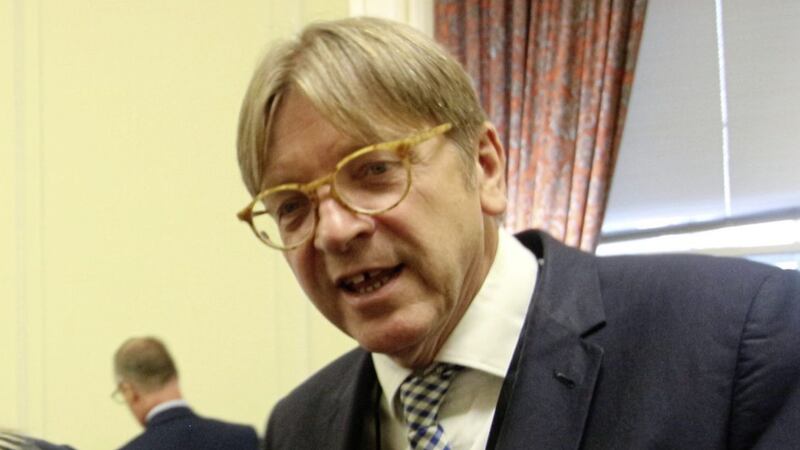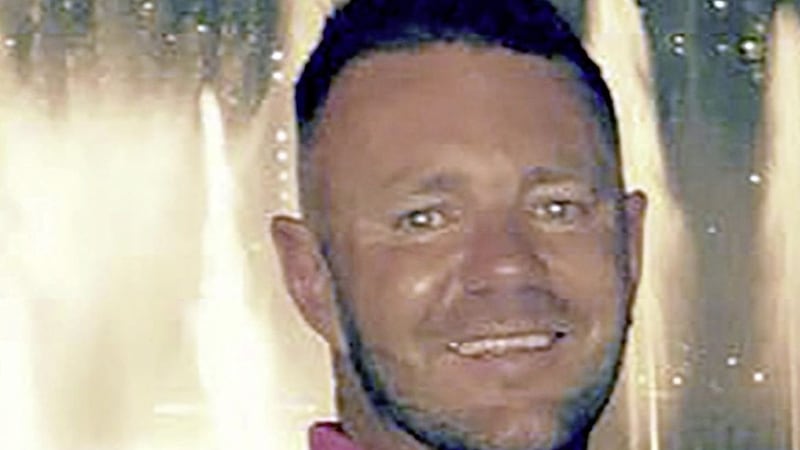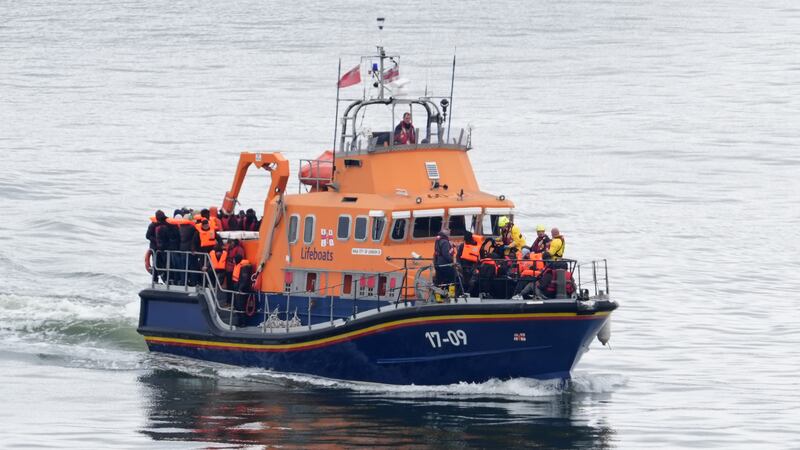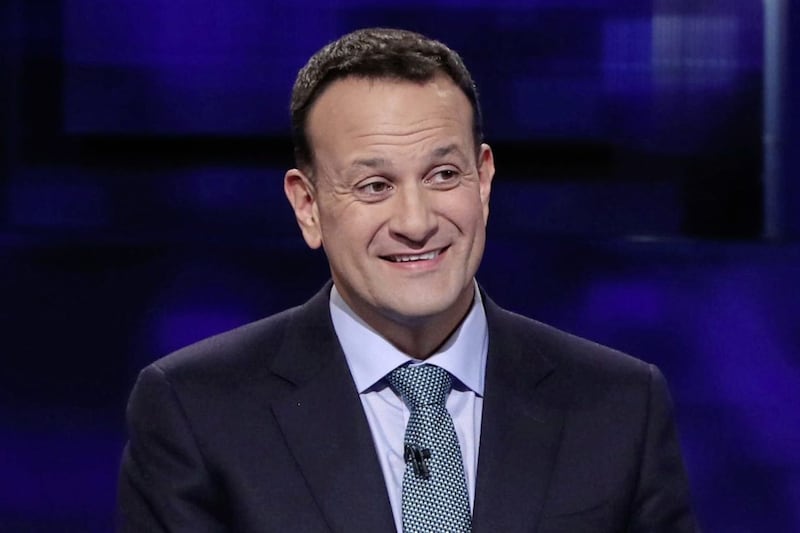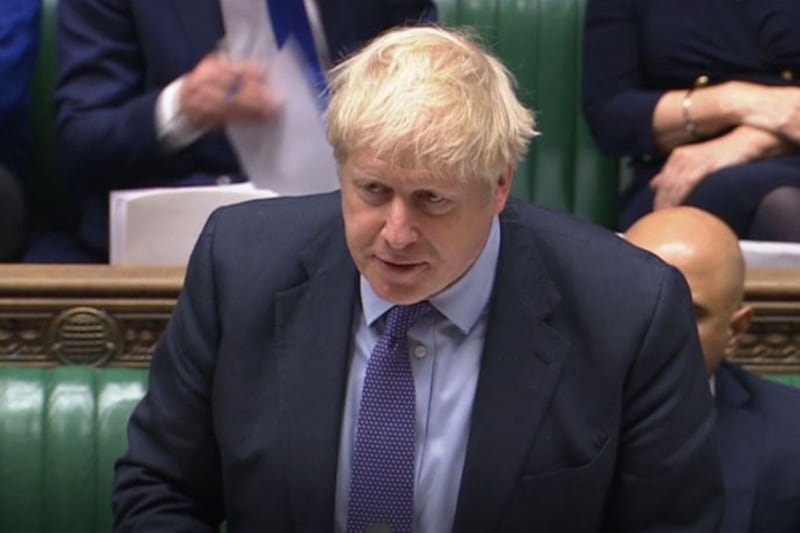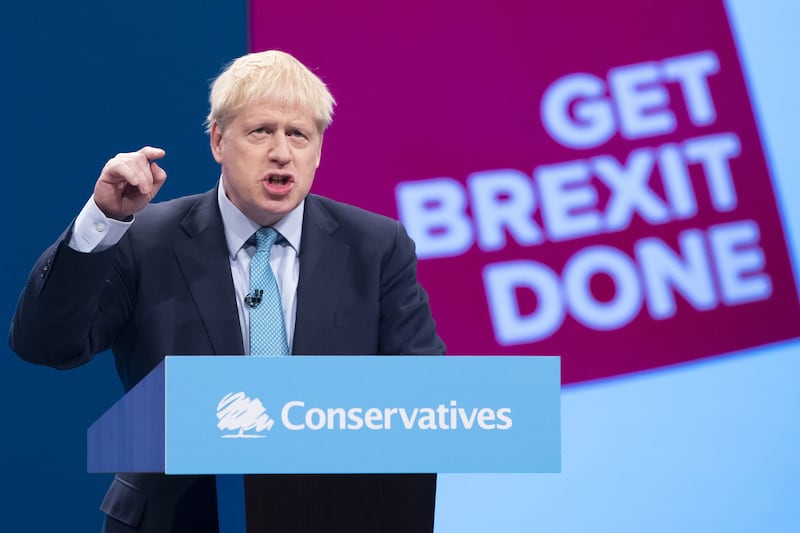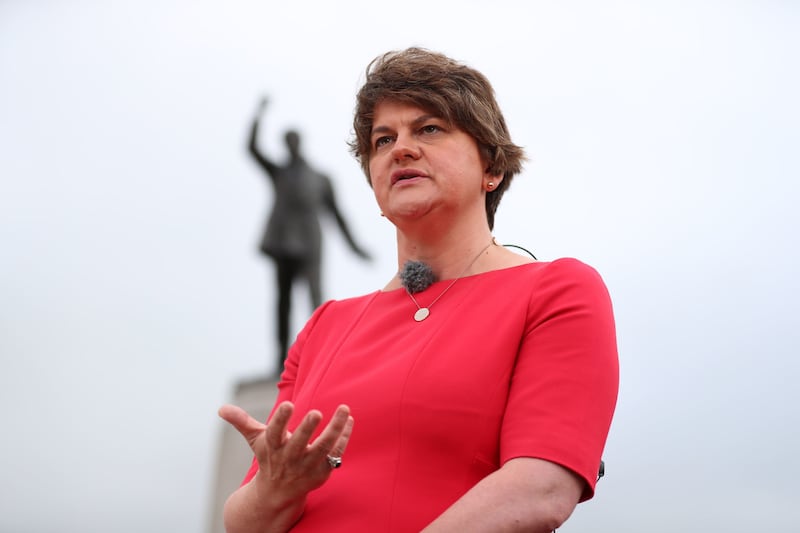THE British government must commit to "continued regulatory alignment" of Northern Ireland with the Republic after Brexit, the European Parliament's Brexit negotiator has said.
Guy Verhofstadt said this would ensure there is "no hardening of the border" and "no diminishing of the rights of people in Northern Ireland".
In a letter to the European Union's chief negotiator Michel Barnier, he said the UK must also make a "clear commitment" to protect the "operation of the Good Friday Agreement in all its parts".
He also expressed "great concern" that negotiations have "stalled, and even some progress reversed" in relation to EU citizens' rights.
The letter on behalf of the European Parliament's Brexit Steering Group (BSG) comes within weeks of a crunch Brexit summit in Brussels on December 14-15 to decide whether to move towards trade talks.
The British government wants to start negotiating a future trade deal, but EU leaders first want "sufficient progress" on three key areas – the 'divorce bill', EU citizens' rights in the UK after Brexit, and the Irish border.
Mr Verhofstadt wrote: "Concerning Ireland, the BSG believes that the UK must make a clear commitment, to be enshrined in a form which would guarantee its full implementation in the withdrawal agreement, that it would protect the operation of the Good Friday Agreement in all its parts, ensure, by means of continued regulatory alignment between the north and the south, there is no hardening of the border on the island of Ireland and that there is no diminishing of the rights of people in Northern Ireland."
He added that "satisfactory resolution will determine parliament's assessment of whether sufficient progress has been achieved".
Meanwhile, Taoiseach Leo Varadkar said he does not think the Republic will need to use its veto preventing the UK and EU moving to trade talks.
The Republic's government could make the move if it believes there is insufficient certainty on the future of the Irish border.
But speaking in the Dáil yesterday, Mr Varadkar said he was confident a veto would not be needed as the EU member states would "operate by consensus".
"The solidarity that exists for Ireland and behind our specific issues in relation to avoiding a hard border remains very strong," he said.
"So I'm very confident that the European Council will operate by consensus.
"There will be no need to use or threaten a veto because we do and continue to have the support of our European colleagues when it comes to the issue of the border."
The taoiseach said a lot of progress was being made on the financial settlement the UK would pay, amid reports of a bill running to £50 billion.
Speaking in Berlin, Michel Barnier stressed that agreement on the three key issues including the Irish border was "not there yet".
"We are awaiting sufficient progress from London ... We are not there yet. The work on the three main subjects continues this week in a constructive spirit with the UK," he said.
At Westminster, British government treasury minister Liz Truss said any Brexit 'divorce bill' would be contingent on getting a good deal on future trade.
She dismissed the reports of a £50 billion figure as "media speculation", and insisted any divorce bill would be smaller than the cost of ongoing contributions to EU budgets if the UK remained.
